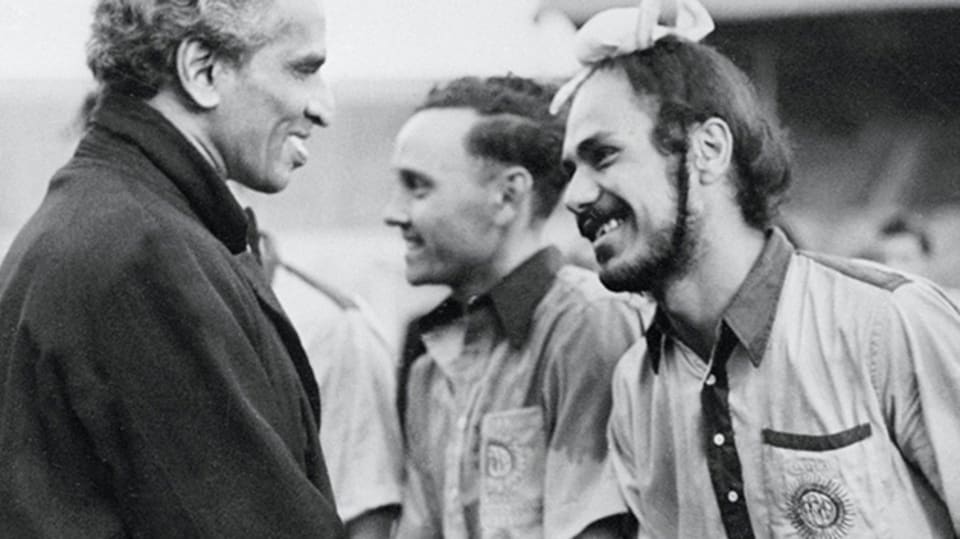Five-star Singh on song as India wins fifth consecutive hockey gold
C’est lors de ces Jeux que le papillon est arrivé sur le devant de la scène. Il a été adopté relativement récemment par les meilleurs nageurs mondiaux, mais ne dispose pas encore de ses propres courses. Au lieu de cela, on le considère comme un type de brasse, la brasse papillon.

The star of the side was Balbir Singh Dosanjh, who worked for the police force in Punjab but was far better known for his goalscoring exploits on the hockey pitch. He had been part of the India team that took gold in 1948, and in Helsinki was given the honour of carrying the Indian flag at the Opening Ceremony.
India's high hopes were well-founded. The team had won every one of the previous 17 Olympic hockey matches it had played, scoring 127 goals and conceding just five. It was a sequence that had yielded gold medals at the four previous editions of the Games. Dominant hardly sums it up.
In Helsinki, the top teams only entered the competition at the quarter-final stage. India began their campaign with a comfortable 4-0 victory over Austria, and then followed that up by beating Great Britain 3-1 in their semi-final.
By this time Singh had already scored four of India’s seven goals, and was living up to his billing as the sport's most prolific forward. But he saved his best for the final.
Standing between India and a fifth consecutive gold were the Netherlands. The Dutch had beaten Pakistan 1-0 in their semi-final, but knew their next match would be tougher. So it proved, with Singh producing a virtuoso display, scoring five goals as India won the match 6-1 to seal a fifth title.
Singh carried the Indian flag at the Opening Ceremony of the 1956 Games as well, winning another gold medal to finish his career with a hat-trick of Olympic triumphs. He remains the only player to have scored five times in an Olympic final, and is still revered as one of his country's greatest ever players.
